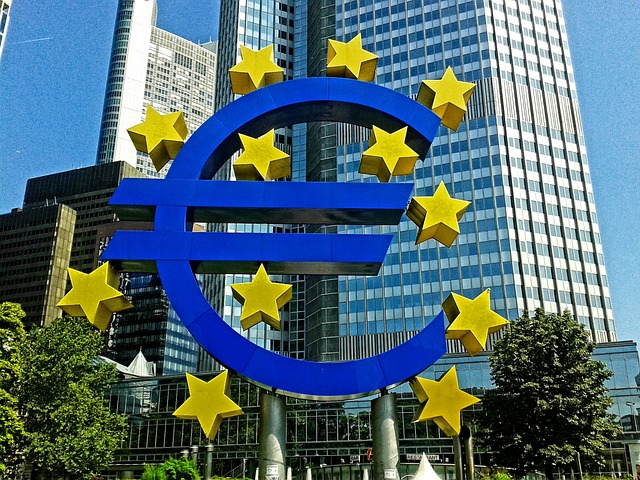As expected, the GC decided to leave its monetary policy unchanged and restated its commitment to continue its asset purchase programme at least until September 2016, until we see a sustained adjustment in inflation consistent price stability.
President Draghi noted that the Governing Council was closely monitoring developments in financial markets, and that recent market uncertainties had not changed the economic outlook for now. Should the situation change, in particular in financial markets, and threaten the accommodative stance of monetary policy due to unwarranted tightening, and undermine price stability, the Governing Council would stand ready to act and use all available tools within its mandate.
"Our view is that the ECB will indeed continue its monthly asset purchases at the same pace until September 2016, and probably even longer as we believe the increase in inflation will likely be slower than the ECB currently projects. Moreover, we believe that the chance that additional measures will be announced by the end of this year is not negligible and will depend on financial market developments, especially in conjunction with upcoming discussions about the third Greek bailout," says Barclays.
The Governing Council of ECB also decided to increase ELA to Greek banks, and as expected, most of the questions during the Q&A were on Greece. The decision to increase the liquidity available to Greek banks was justified by the prospect of an agreement on a third programme since last Monday's deal between Greece and its creditors and the positive vote at the Greek Parliament on Wednesday night, as well as the evidence that the Greek government will honour its payment to the ECB on 20 July and clear the arrears with the IMF.



 FxWirePro: Daily Commodity Tracker - 21st March, 2022
FxWirePro: Daily Commodity Tracker - 21st March, 2022  Fed Governor Lisa Cook Warns Inflation Risks Remain as Rates Stay Steady
Fed Governor Lisa Cook Warns Inflation Risks Remain as Rates Stay Steady  Fed Confirms Rate Meeting Schedule Despite Severe Winter Storm in Washington D.C.
Fed Confirms Rate Meeting Schedule Despite Severe Winter Storm in Washington D.C.  BOJ Holds Interest Rates Steady, Upgrades Growth and Inflation Outlook for Japan
BOJ Holds Interest Rates Steady, Upgrades Growth and Inflation Outlook for Japan  MAS Holds Monetary Policy Steady as Strong Growth Raises Inflation Risks
MAS Holds Monetary Policy Steady as Strong Growth Raises Inflation Risks 




























